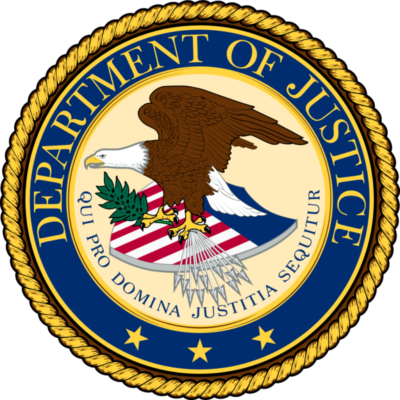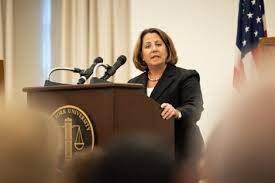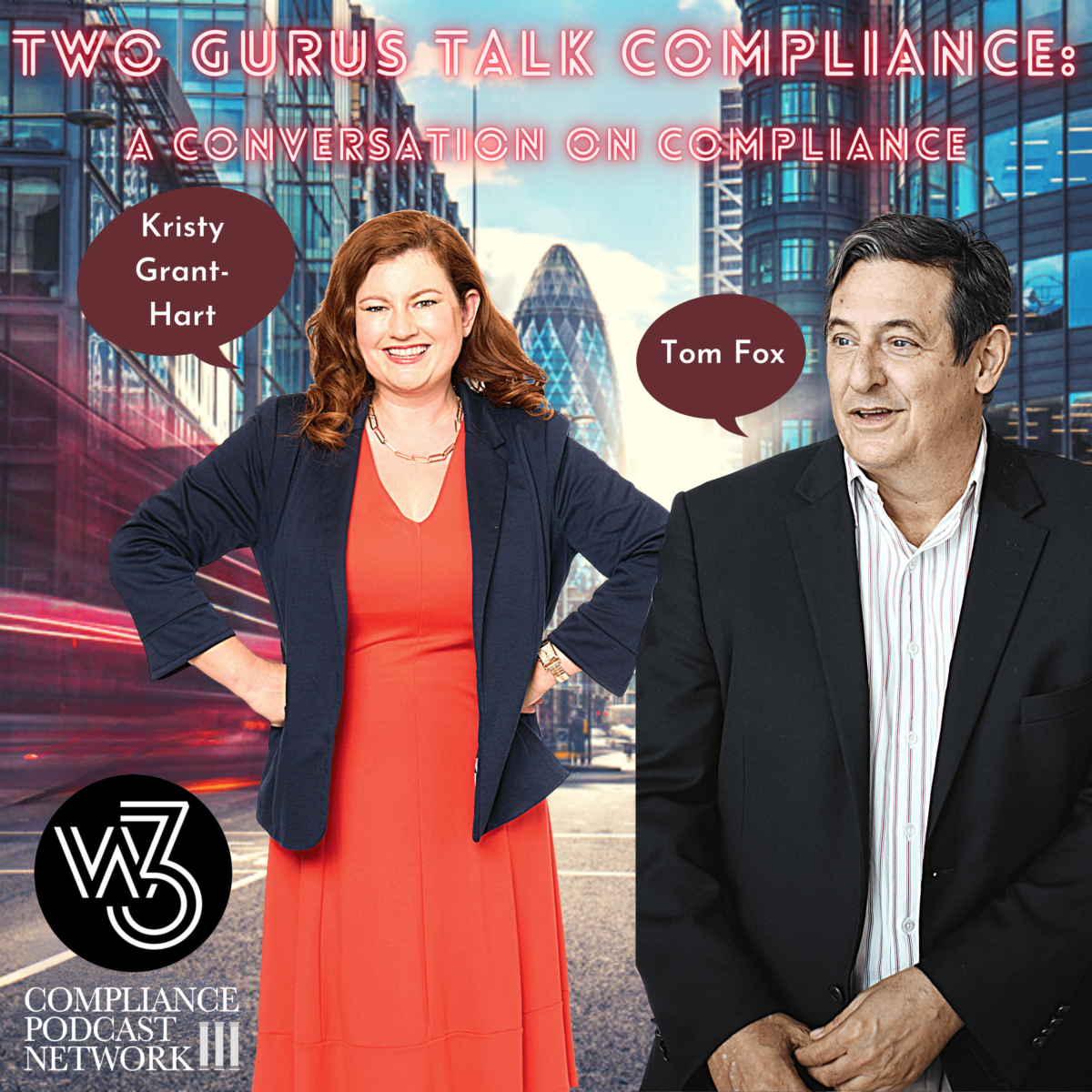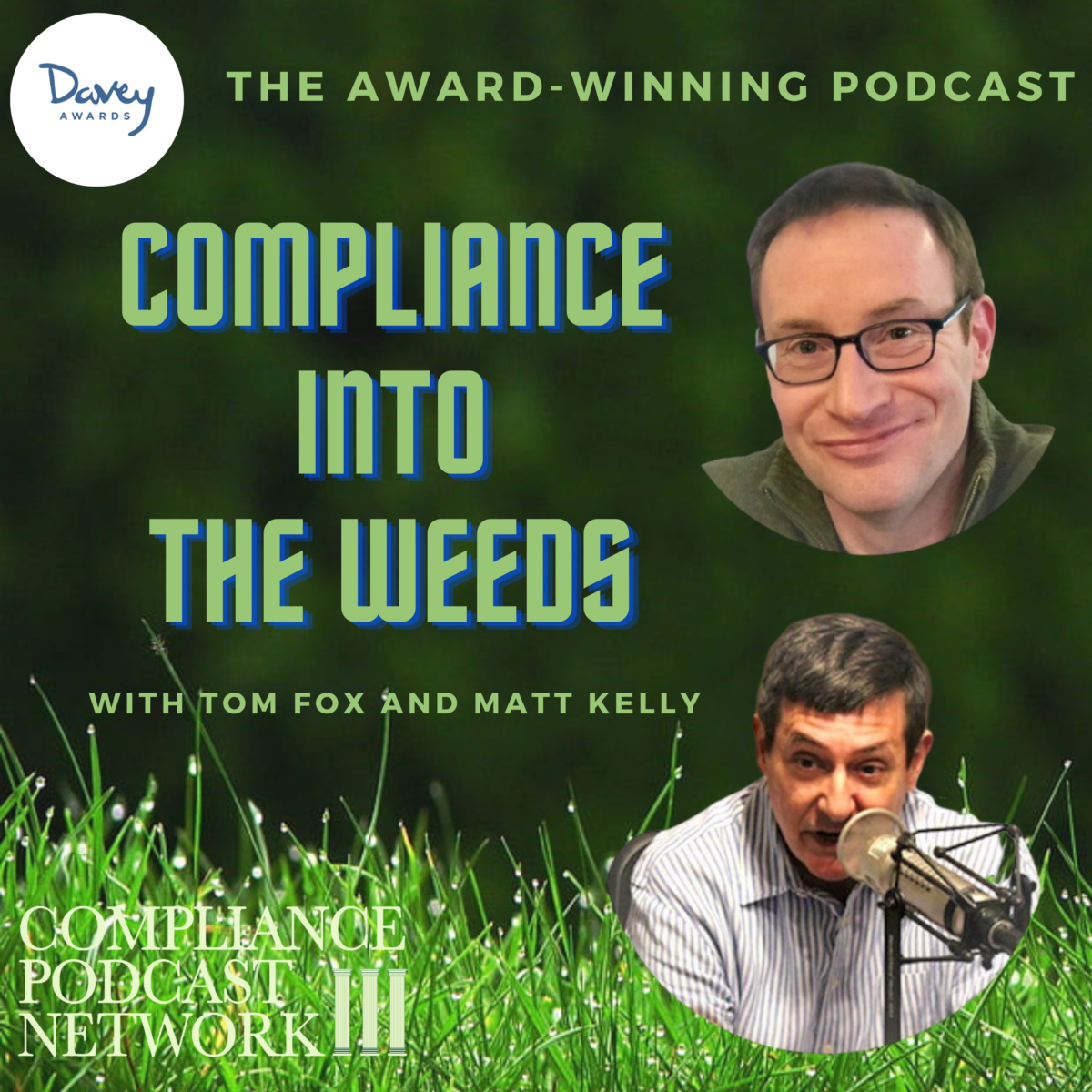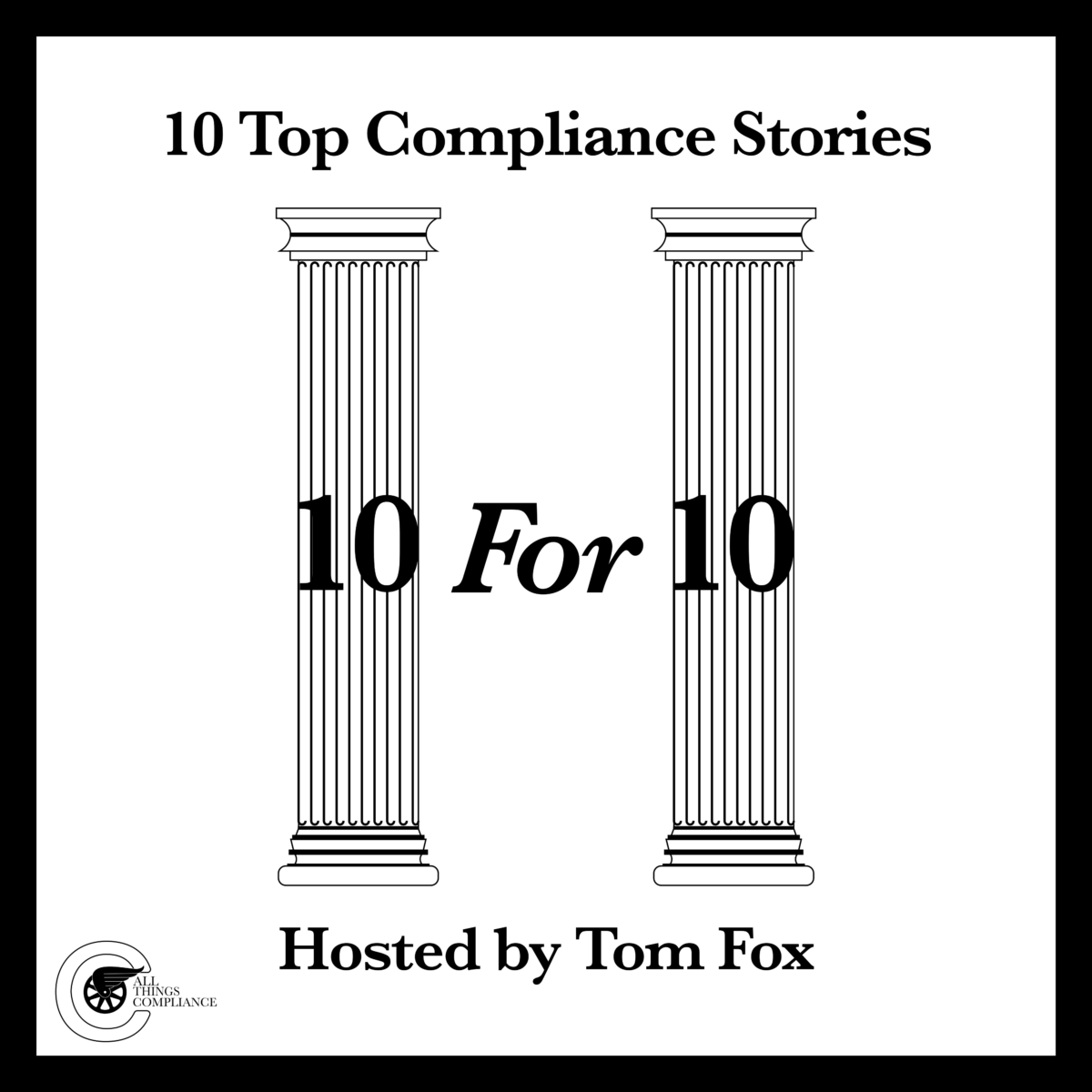In a world where corporate integrity and accountability are more crucial than ever, the Department of Justice (DOJ) ‘s Whistleblower Pilot Program announcement marks a pivotal moment for compliance professionals. This initiative promises to reshape how we approach whistleblowing, corporate misconduct, and organizational culture. Let’s dive into the details and implications of this program, focusing on how it impacts compliance officers, whistleblowers, and corporate governance.
Deputy Attorney General Lisa Monaco said of the Whistleblower Pilot Program, “With this program, we’re doubling down on a proven strategy to ferret out criminal activity that might otherwise go unreported. Law enforcement has long offered rewards to coax tipsters to report crimes — from the “Wanted” posters of the Old West to the reforms in Dodd-Frank that created whistleblower programs at the SEC and the CFTC.” However, she cautioned, “those programs — by their very nature — are limited in scope. They only cover misconduct within those agencies’ jurisdictions. The same is true for similar programs run by the IRS and FinCEN. And qui tam actions, which offer whistleblowing incentives, are available only for fraud against the government.” The DOJ “corporate enforcement program is rooted in using carrots and sticks. Today’s announcement builds on our other efforts to incentivize reporting of corporate misconduct to the government.” Part of those carrots is to reward those “under these disclosure programs — both our corporate voluntary self-disclosure programs and the whistleblower initiative we’re announcing today — you have to tell us something we didn’t already know. With few exceptions, you must be first in the door.”
The Whistleblower Pilot Program incentivizes individuals to report corporate misconduct directly to the authorities. It offers financial rewards similar to existing programs at agencies like the Securities and Exchange Commission (SEC). Under the Whistleblower Pilot Program, whistleblowers are now eligible for a financial award. The award may be up to 30% of the first $100 million in net proceeds forfeited and up to 5% of any net proceeds forfeited between $100 million and $500 million. This framework encourages individuals to come forward with information about corporate wrongdoing, particularly in areas such as the Foreign Extortion Prevention Act (FEPA) and the Foreign Corrupt Practices Act (FCPA).
From the whistleblower’s perspective, the Whistleblower Pilot Program provides a powerful incentive to report misconduct. The promise of financial rewards and legal protections can motivate individuals who might otherwise fear retaliation or lack confidence in their employer’s internal reporting mechanisms. The program is designed to cover various types of corporate crime, ensuring that potential whistleblowers have a direct channel to report wrongdoing, even when internal channels might fail.
For compliance officers, the Whistleblower Pilot Program introduces new dynamics into the compliance landscape. On the one hand, it underscores the importance of robust internal compliance programs that can effectively handle whistleblower reports. On the other hand, it creates potential challenges, as employees might need help to bypass internal reporting mechanisms in favor of direct reporting to the DOJ, mainly when financial incentives are involved. The Whistleblower Pilot Program raises an interesting dilemma for compliance officers and corporate management: How do you maintain a solid internal reporting culture when employees have a lucrative alternative in external reporting?
The answer lies in strengthening internal reporting mechanisms and fostering a culture of trust and transparency. Companies must ensure that their whistleblower hotlines and reporting channels are accessible, confidential, and effective. Employees should feel confident that their reports will be taken seriously and addressed promptly without fear of retaliation. It also reiterates that investing in anti-retaliation training and policies is crucial. Employees must know that the organization values their input and that speaking up will have no negative consequences. Training managers and supervisors to handle reports sensitively and ensuring that whistleblowers receive feedback on the status of their reports can reinforce this trust.
With the potential for whistleblowers to report externally, companies must act quickly and decisively when handling internal reports. The Whistleblower Pilot Program highlights the need for efficient triage and investigation processes to swiftly assess and address misconduct allegations. This requires clear protocols and collaboration among compliance, legal, and HR departments to ensure timely resolutions.
The Whistleblower Pilot Program also addresses the tension between whistleblower reports and voluntary self-disclosure by companies. The DOJ has adjusted its policies to allow companies to receive credit for voluntary self-disclosure, even if a whistleblower has already reported the matter to the authorities. However, this requires that companies disclose the misconduct within 120 days of the internal report. This adjustment emphasizes the importance of timely action and reinforces the value of self-reporting as part of an effective compliance program.
The recent SEC whistleblower award case is a cautionary tale for companies navigating this new landscape. In this case, a whistleblower who reported misconduct internally was ignored, leading them to report the issue to the SEC. The company eventually self-disclosed but lacked cooperation, highlighting the risks of inadequate internal handling of whistleblower reports. This scenario underscores the need for companies to take internal reports seriously and proactively investigate and address issues before they escalate externally.
The Whistleblower Pilot Program reinforces organizations’ need for a robust speak-up culture. Compliance officers play a crucial role in fostering this culture by promoting open communication, ensuring that employees understand the importance of reporting misconduct, and providing them with the tools and support they need to do so safely.
Compliance officers must also engage senior management and the board of directors to ensure alignment on the importance of a strong compliance culture. This includes advocating for the necessary resources and support to maintain effective reporting mechanisms and demonstrating the value of proactive compliance efforts in mitigating risks and enhancing corporate reputation.
Compliance officers must continuously assess and improve their programs in this evolving landscape. This includes staying informed about regulatory developments, analyzing whistleblower reports to identify trends and areas for improvement, and adapting strategies to address emerging risks and challenges. The Whistleblower Pilot Program marks a significant step in promoting corporate accountability and transparency. It presents challenges and opportunities for compliance professionals to strengthen internal programs and foster a culture of integrity. By prioritizing trust, transparency, and effective reporting mechanisms, companies can successfully navigate this new era, ensuring they are well-prepared to address misconduct and protect their reputations. As compliance officers, embracing these changes and championing a culture of accountability will be key to thriving in this dynamic environment.


